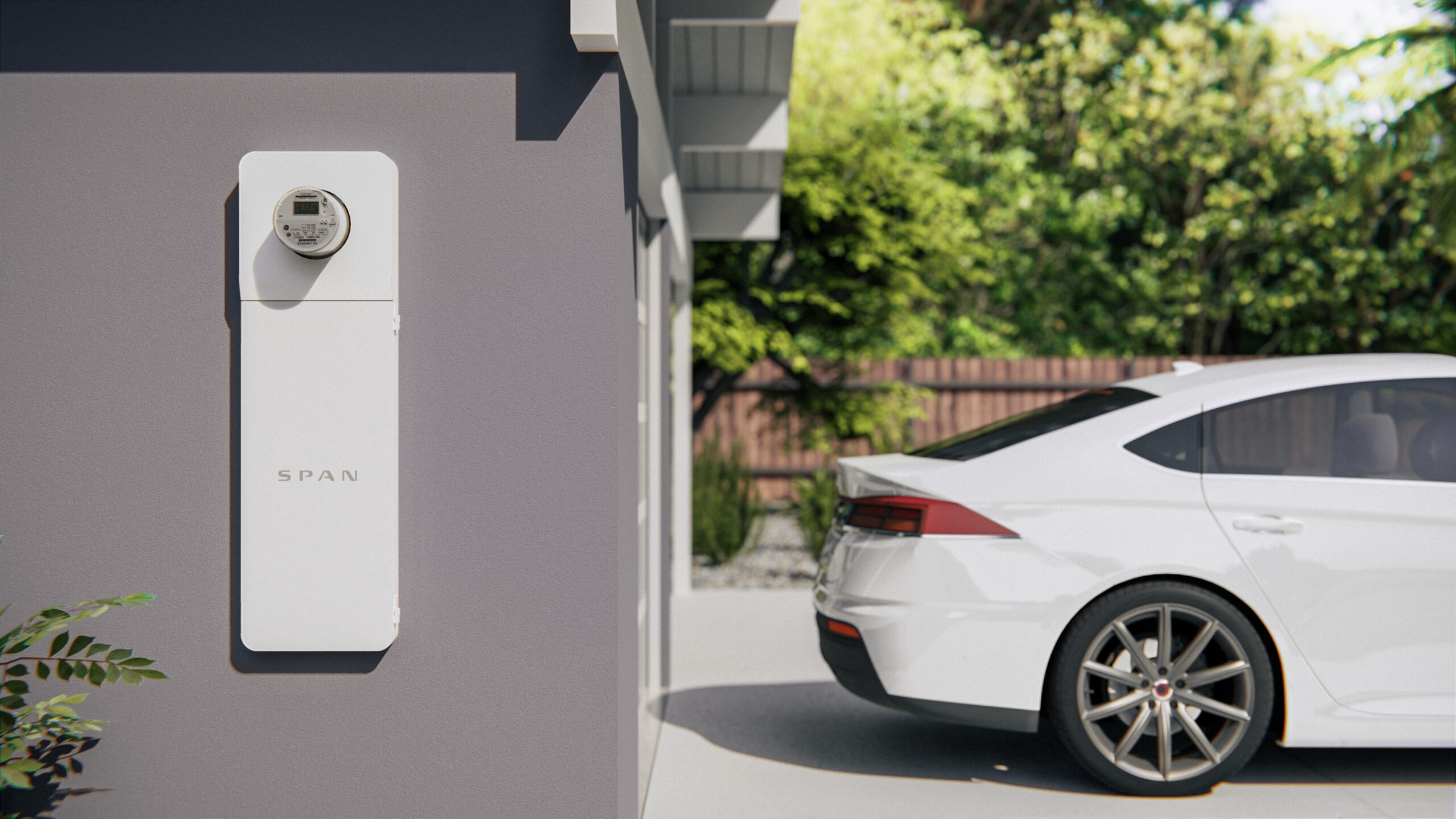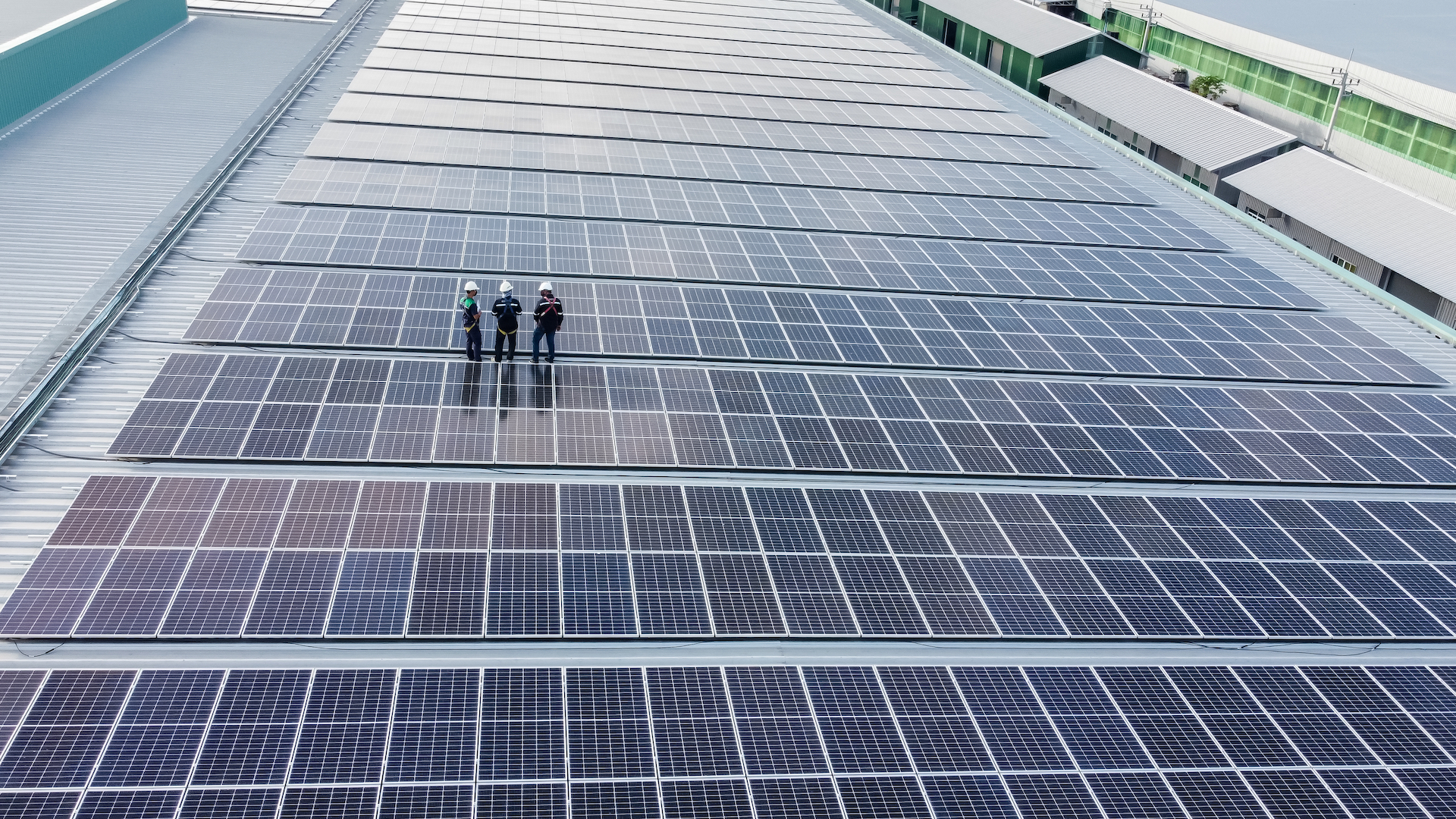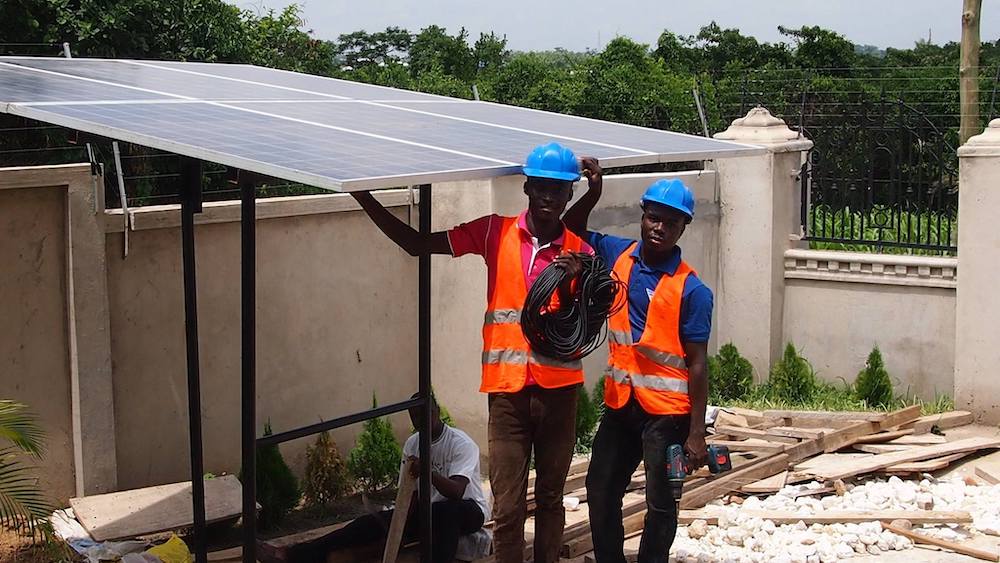ImpactAlpha, March 22 – An electric vehicle may be the biggest new addition to a family’s electric consumption, but it’s not the natural center of gravity for the new all-electric lifestyle. That would be the home.
And that points back to the lowly electric panel, the circuit-breakers that sit between the utility supplied service and your home wiring network.
Growing sales of EVs – along with solar panels, battery storage, heat pumps and induction stovetops – are driving a race for residential electricity management systems to optimize usage and save energy. More than 50 cities and counties in California alone are moving to phase out natural gas for residential heating, cooking and water heating.
San Francisco-based Span is betting that the center of home electrical systems is the ubiquitous circuit panel. Once known as “fuse boxes,” the basic functionality of safety circuit breakers hasn’t evolved much in the past 75 years. The installation of EV chargers, which need higher amperage to charge vehicles more quickly, and new building codes, are driving many homeowners to upgrade their circuit panels.
Span raised $90 million for its line of electrification products, including SPAN Panel, a $3,500 smart electric panel that allows homeowners to monitor and control every circuit in their homes, including from their phones. SPAN also offers SPAN Drive, a $500 smart EV charger.
“I don’t think that your car or your battery or your thermostat is the actual center of the home,” Span’s Arch Rao told ImpactAlpha. “The electrical panel is ubiquitous. Anywhere you go in the world, everybody has to have a panel. And that’s the natural center point for controls and communication.”
Load balancing
EVs, for example, can charge efficiently at 48 amps, but few panels have circuits that large. Span’s panel can dynamically allocate the full 48 amps by managing other circuits and allocating capacity when a vehicle is charging.
That can save the need for a service upgrade to increase capacity, which can take a year to complete and can cost more than $5,000.
“And that helps us electrify homes a lot faster, a lot more cost efficiently,” Rao said. The company’s Check Engine Light product (named for the alarming but generally opaque dashboard lights on today’s vehicle) can “see” into a home’s major appliances and report on their operational readiness.
Rao launched Span after leaving Tesla, where he helped build the energy business, including through the integration of Solar City. The circuit panel emerged as a chokepoint for customers and for innovation, he said.
“Nobody else was thinking about or working on that,” Rao said. “Most people are saying, ‘How can we circumvent that problem? How can we add stuff around your traditional panels to make things work?’ And I think that’s a myopic view.”
The Series B round, backed by Fifth Wall, Wellington Management and Robert Downey Jr.’s FootPrint Coalition, Rao says, will “expand our product offerings that simplify the decarbonization of homes.”











